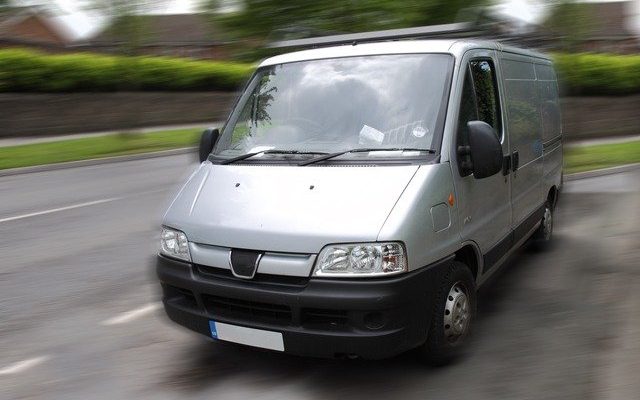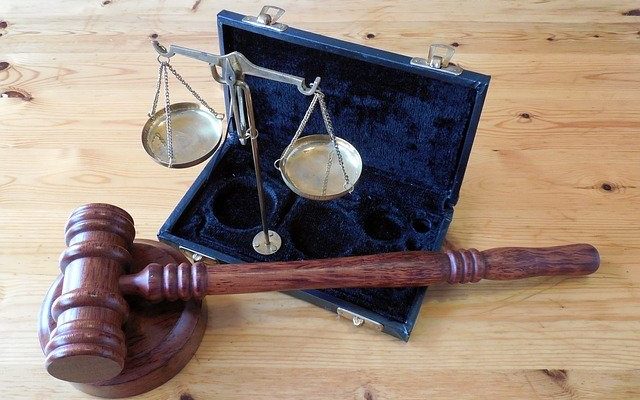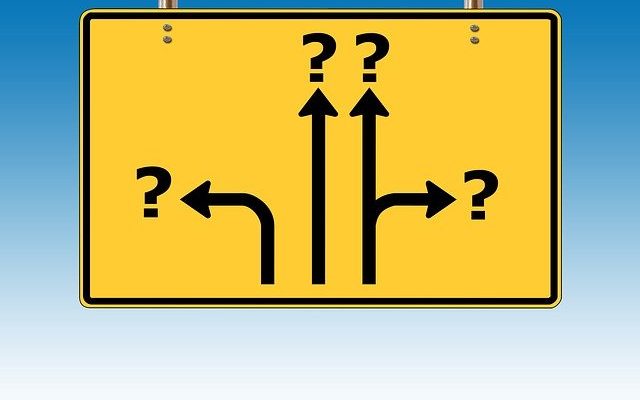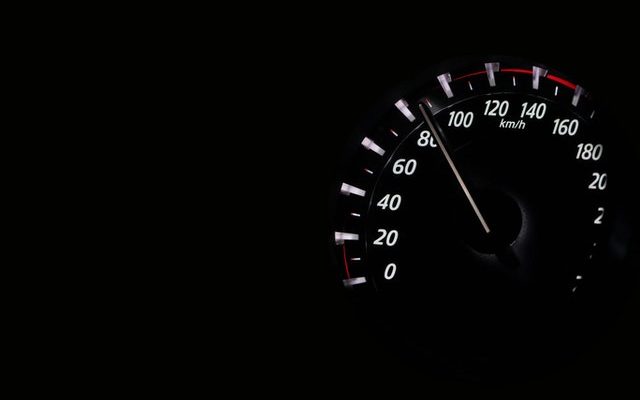One of the things we get asked about as road traffic lawyers is how to avoid a totting up ban. There is a method of dealing with totting up bans. The method is called exceptional hardship proof. Now an exceptional hardship proof is attending court and providing evidence to the court to show that there would be exceptional hardship in your case if you were to be totted up and to lose your licence because you’ve got 12 points on the licence.
Exceptional hardship proof
To establish exceptional hardship. We need to go quite a long way. We need to establish that there will be a hardship to other people, not just yourself, but maybe to employees, to members of your family, or perhaps even losing your job and the damage and impact on your business. All of these things have to be put to a court in a method that allows us to provide real strong evidence.
That supports your case. It’s not simply enough to go along to court and say,”Ah, this is terrible. It’s going to have a really bad effect on me. I’m not going to be able to take my kids to school. I’m not going to be able to keep my job on.” You will not keep your licence in those circumstances.
Exceptional hardship proof requires a specialist lawyer
Exceptional hardship is exactly that it’s exceptional. So you need a lawyer to assist you with it. If you do want the expertise of a lawyer behind you, get in touch with uswe’ll give you some information and advice all about avoiding a totting up ban. Initial consultations are free so don’t worry about money.








